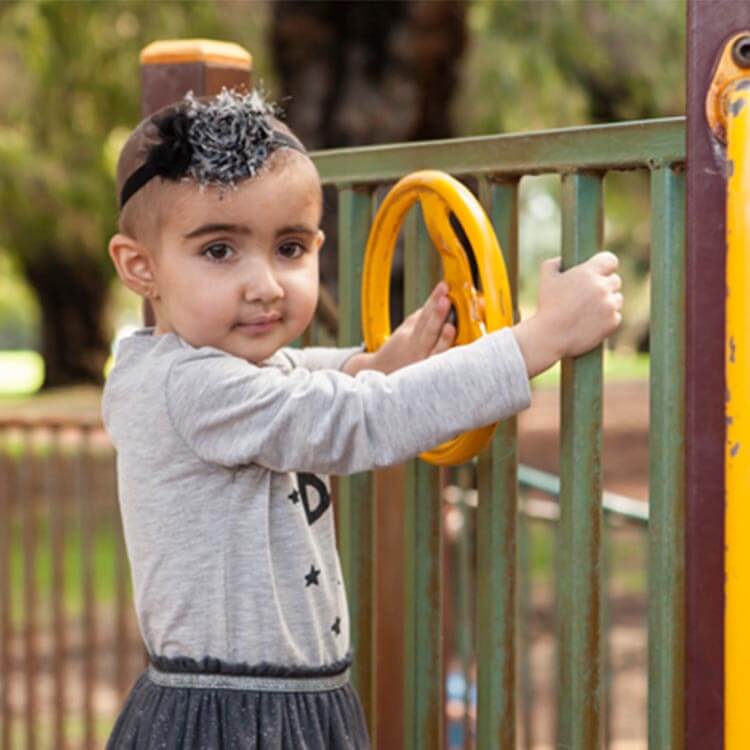Search
Research
Normative data for multiple breath washout outcomes in school-aged Caucasian childrenThe multiple breath nitrogen washout (N2MBW) technique is increasingly used to assess the degree of ventilation inhomogeneity in school-aged children with lung disease. However, reference values for healthy children are currently not available.
Research
Barriers to Parent–Child Book Reading in Early ChildhoodParent–child book reading interventions alone are unlikely to meet needs of children and families for whom the absence of reading is psychosocial risk factor
Research
Gender Gaps in Cognitive and Non Cognitive Skills in Early Primary Grades: Evidence from Rural IndonesiaThis paper examines gender gaps in cognitive and non-cognitive skills among a sample of more than 10,000 children between the ages of 6 and 9 in rural Indonesia
Research
International research utilizing the Early Development Instrument (EDI) as a measure of early child development: Introduction to the Special IssueThis opening paper presents the background to this Special Issue devoted to new international research using Early Development Instrument
Research
A whole-of-population study of term and post-term gestational age at birth and children's developmentRelative risks of developmental vulnerability for each week of gestation were calculated with adjustment for confounders and addressing missing information.
Research
Methodological approach to exploring change in the Australia Early Development Instrument (AEDI): The estimation of a critical differenceThis report provides the technical details for the methodology calculated to determine "how big" a difference in the AEDI results between 2009 and 2012 is...
Research
Maternal life stress events in pregnancy link to children's school achievement at age 10 yearsTo test the hypothesis that maternal antenatal exposure to life stress events is associated with lower achievement in literacy and numeracy at age 10 years,...
Research
Evolution of pulmonary inflammation and nutritional status in infants and young children with cystic fibrosisImproved nutrition is the major proven benefit of newborn screening programmes for cystic fibrosis (CF) and is associated with better clinical outcomes.
Research
Responsiveness of the human airway in vitro during deep inspiration and tidal oscillationIn healthy individuals, deep inspiration produces bronchodilation and reduced airway responsiveness, which may be a response of the airway wall to mechanical...

Research
Evaluation of the Community Playgroup ProgramThis evaluation explored the facilitators & barriers that influence Community Playgroup attendance, and the impact of attending playgroups on child development.
